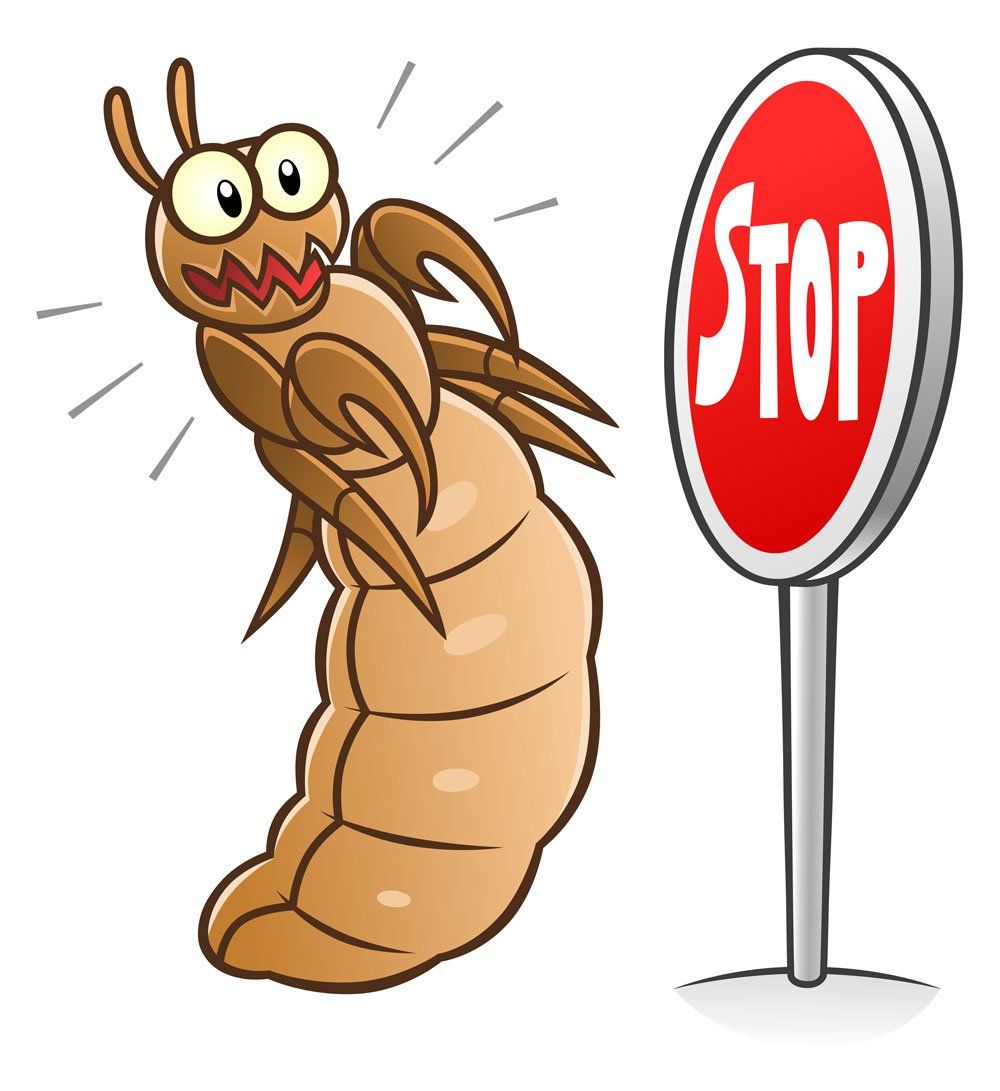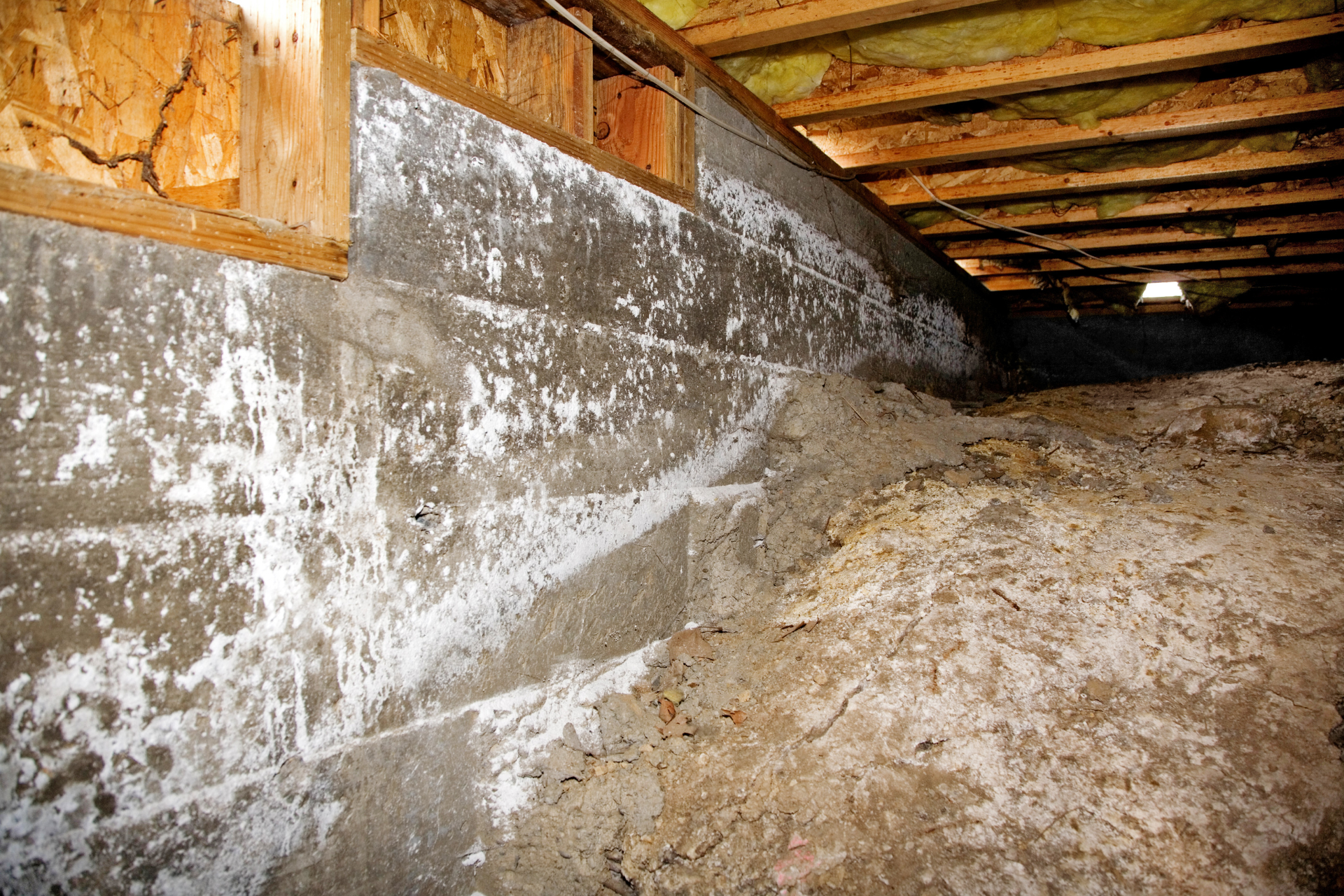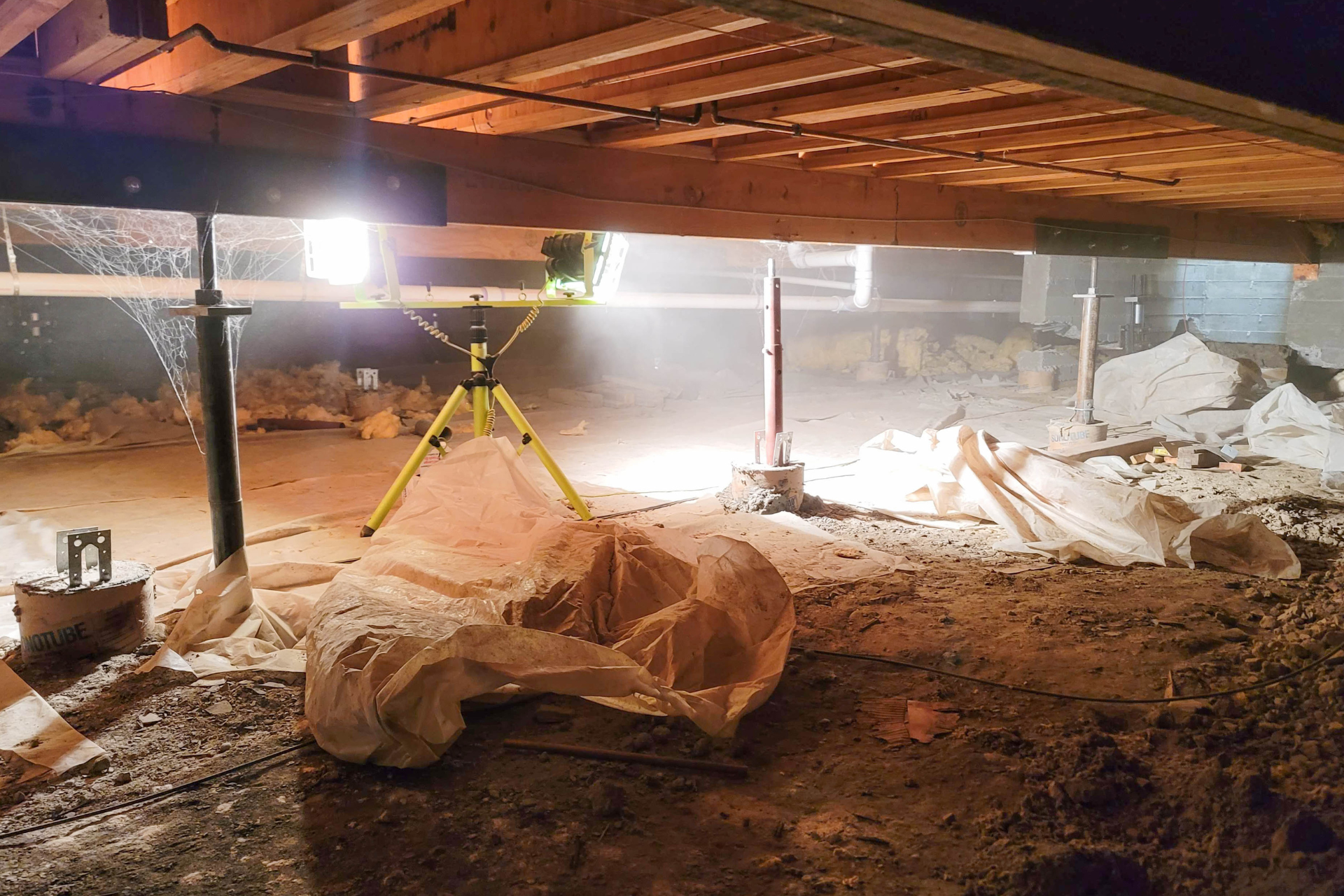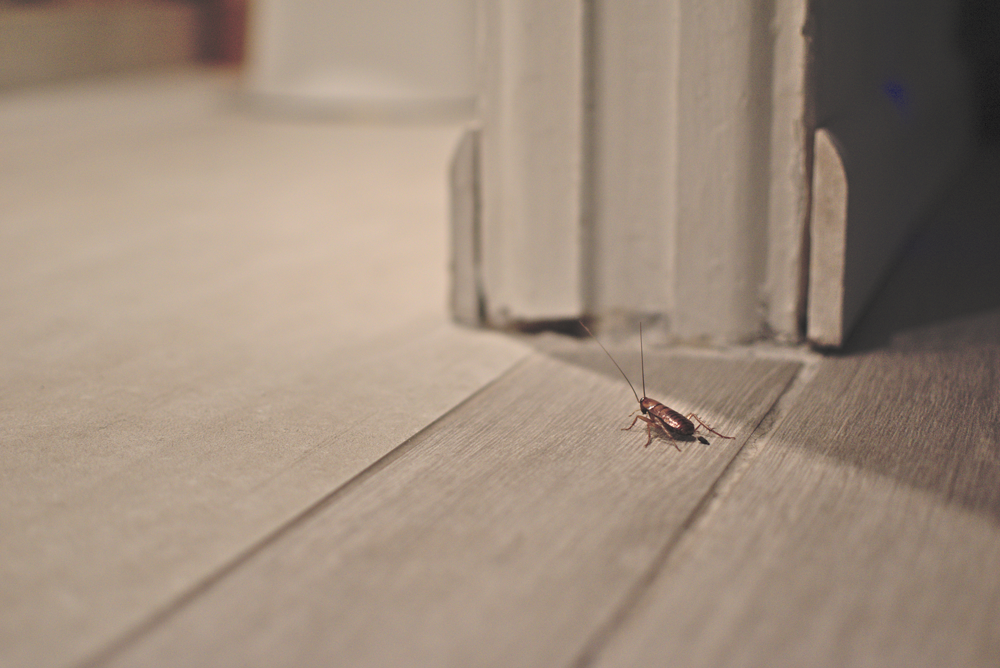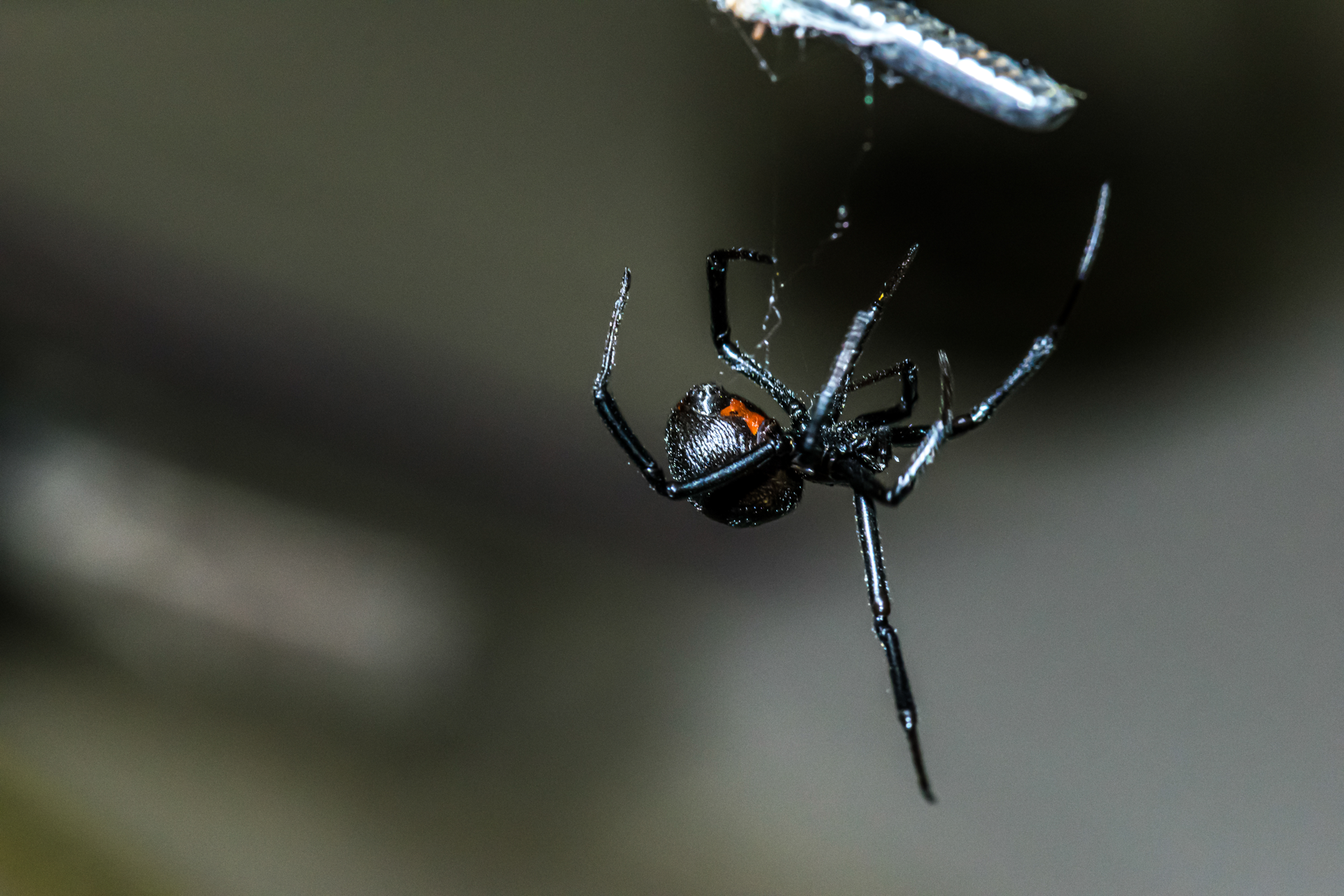Steps You Can Take To Reduce Pest Problems
The average house is a magnet for pests. Like us, they need food, water, warmth, and shelter. Our homes can be irresistible when we make these necessities readily available to them, and, unfortunately, we seem to do just that. According to the CDC, most homes have pest problems—more than 80%. Even more troubling, the CDC also indicates that they pose a significant threat to the house's structural stability and health because of the many diseases they transmit. You don’t have to be a part of those statistics by taking steps to lessen those problems in and around your home. So, are you ready to stop rolling out the proverbial welcome mat for pests? Here’s what you can do:
Keep Your Home Clean
A clean home is at the top of the list of things you can do. The more debris, clutter, and trash you have around, the more food sources and nesting places you are creating, inviting an infestation of many pests, such as roaches, ants, and mice, to name a few. And, once those pests move in, they attract even more pests. Some are there to feed on the food sources, but others are more predatory (like spiders and snakes) and feed on those invading populations. While it is true that some pests can invade a home regardless of how clean or dirty it is, you are tipping the scales against you when you have a cluttered or dirty home.
So, declutter, sweep, vacuum, mop, do laundry, wash dishes, change bedding, take out the trash, and dust regularly. Dusting alone can make a difference. Dust mites are a leading cause of asthma, allergies, and related breathing problems that afflict millions annually. The benefits of maintaining a clean household are many, not just in terms of pest control but also for your home and your family’s physical and mental health in general.
Keep Food In Sealed Containers
How you store your food items can make a big difference. Use glass, metal, and thick, hard plastic containers with tight-fitting lids to store your foodstuffs. Thin plastic, foil, and cardboard hardly impede a hungry pest. Bugs and rodents can easily chew through softer materials (including wood), and moths, flies, beetles, weevils, roaches, and other insects can wiggle their way into the tiniest of openings.
Additionally, those plastic containers that spices often come from are not bugproof—and even worse, they can arrive in your home already infested. Here’s a tip: Pop those spices in the freezer for four days when you first buy them to kill off anything alive, then transfer them to glass jars. It is recommended to regularly inspect your spices and flour, sugar, rice, and other grains for possible infestation.
Your trash is another “food” source you need to keep tightly covered. Many people have multiple wastebaskets throughout the home. If you do, only allow food waste in the kitchen receptacle. For recyclables, ensure you wash out food debris and keep that bin outside the home. The harder you make it for pests to get into your containers, the less likely they will come back or stick around if they investigate your home. (Ants are notorious for this behavior. They often send scouts into a house to determine how easily they can get into your supplies. If they like what they find, they move in.) ()
Eliminate Water Sources
Water is another necessity that virtually no pest can do without. Ensure no leaks or water buildup anywhere in the house or the surrounding landscape. Humidity can also be attractive, so a wise investment is a home dehumidifier and air conditioning.
Seal Up Cracks, Crevices, And Other Openings
As your home ages, it is natural to develop cracks and crevices. Inspect the house regularly and seal up potential openings where pests may gain access. This includes your foundation, crawlspace, windows, around doors and pipes, attics, basements, vents, and ducts. Make necessary repairs and install barrier materials such as mesh screens and door sweeps. Also, light can be a beacon for pests. Please don’t allow it to shine under doors or other areas where entry might be possible.
Attend To Exterior Areas
Apply these same rules to the exterior of your home. Bear in mind that if you have fewer pests surrounding your home, you’ll have fewer problems. If you have clutter, woodpiles, food sources, and other debris lying around, you can expect to attract more pests. Keep your landscaping tidy, and be conscious of nooks and crannies that might invite an infestation. Keep your lawn mowed short to help reduce the presence of fleas and ticks. Eliminate standing water to avoid attracting mosquitoes. To deter bees and wasps, try planting some greenery they are known to dislike, such as mint, wormwood, rosemary, and citronella. Additionally, using shades of light blue paint on porches and other similar areas has been shown to discourage stinging insects from nesting.
For Unavoidable Pest Issues, Trust At Ease
The above guidelines can help you minimize pest issues, but they cannot solve every problem. If you find yourself dealing with a pest, please
contact
us. We are the top-rated pest control experts in North Carolina and ready to help.
Troutman Branch
694 South Main Street
Troutman, NC 28166
704.761.9697
